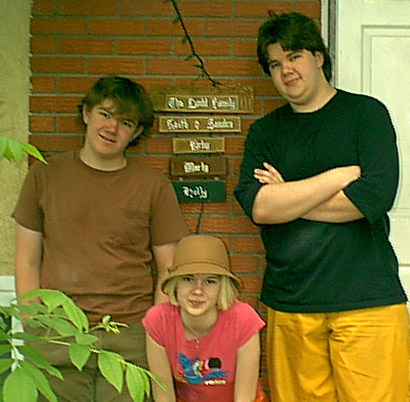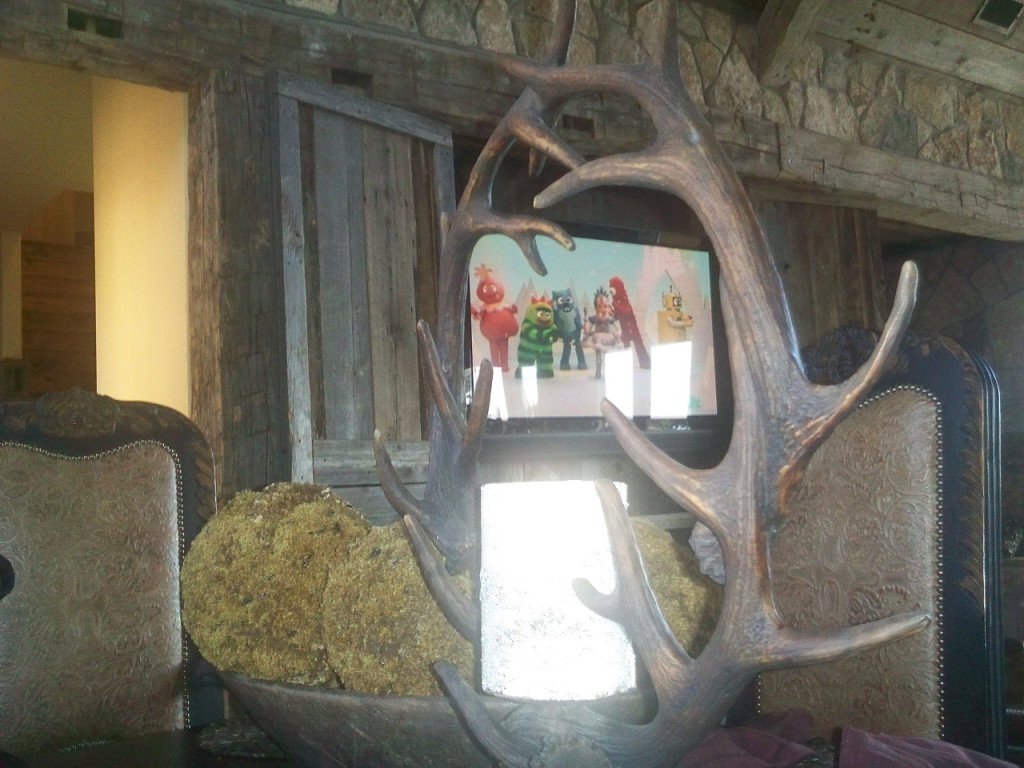NOTE FROM SANDRA: I was speaking, not writing, so when you get past that stuttery beginning, it might flow.
One thing that John Holt, when he was writing about
Teach Your Own, he, too, had a curriculum in
mind. He, too, was thinking, not "Teach a curriculum," but "Do this, instead of school, until school is
out, and then you will be done, and it will be cool, you will have dodged the bullet, you will have
missed out on the damage of school." That’s worthy all by itself.
But John Holt didn’t have any children. He didn’t actually do what he was writing about people
doing. I respect him, I love his books, I am glad he did what he did. But then people come along,
after that, and they do it. And then they shared that with each other, and then people did it better
than they saw their families
do it. Other families say, “Well, I wish I hadn’t done this; it was all
right, but oh, I wish we had done
this." And so entire lives of young people have been lived
now since John Holt died, who didn’t go to school. And what those families discovered, that
John Holt could not have known, is that if you live your life receptive to the learning around you,
accepting of input, appreciative of the other people around you who know things, and of the
resources around you, and trying not to be prejudiced against input like television and
videogame and comic book, then what happens is, the parents' learning kicks back in. The
parents, who probably had sort of calcified because of school, they soften back up, and they
start to want to learn. And so they are learning along with their children, or in a parallel-play kind
of way. They might all be in the same place all learning different things, sharing the good parts.
Family Bonding (recorded interview and transcript)
SandraDodd.com/familybonding
photo by Sandra Dodd
of Keith and Holly, 2015





















